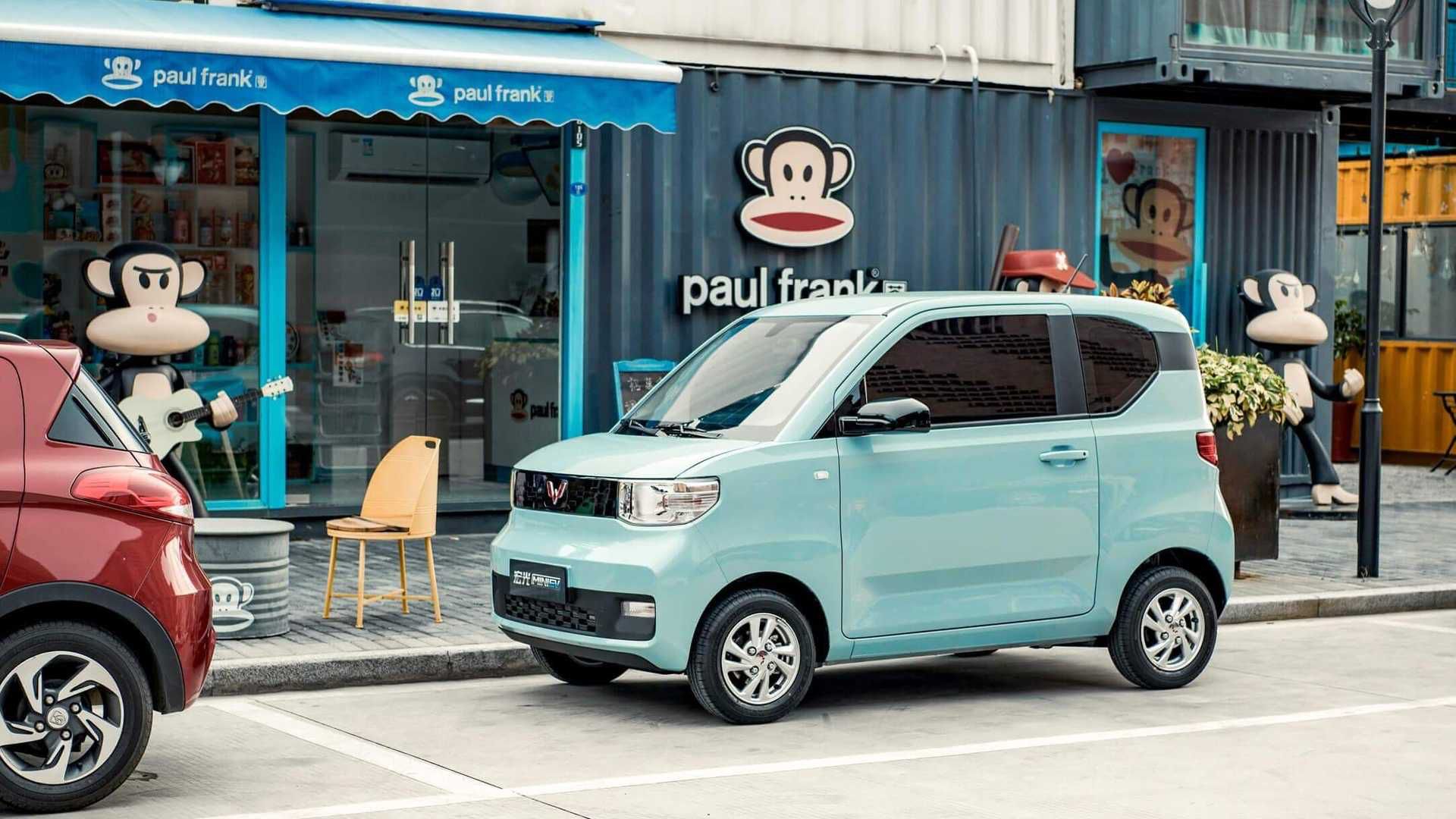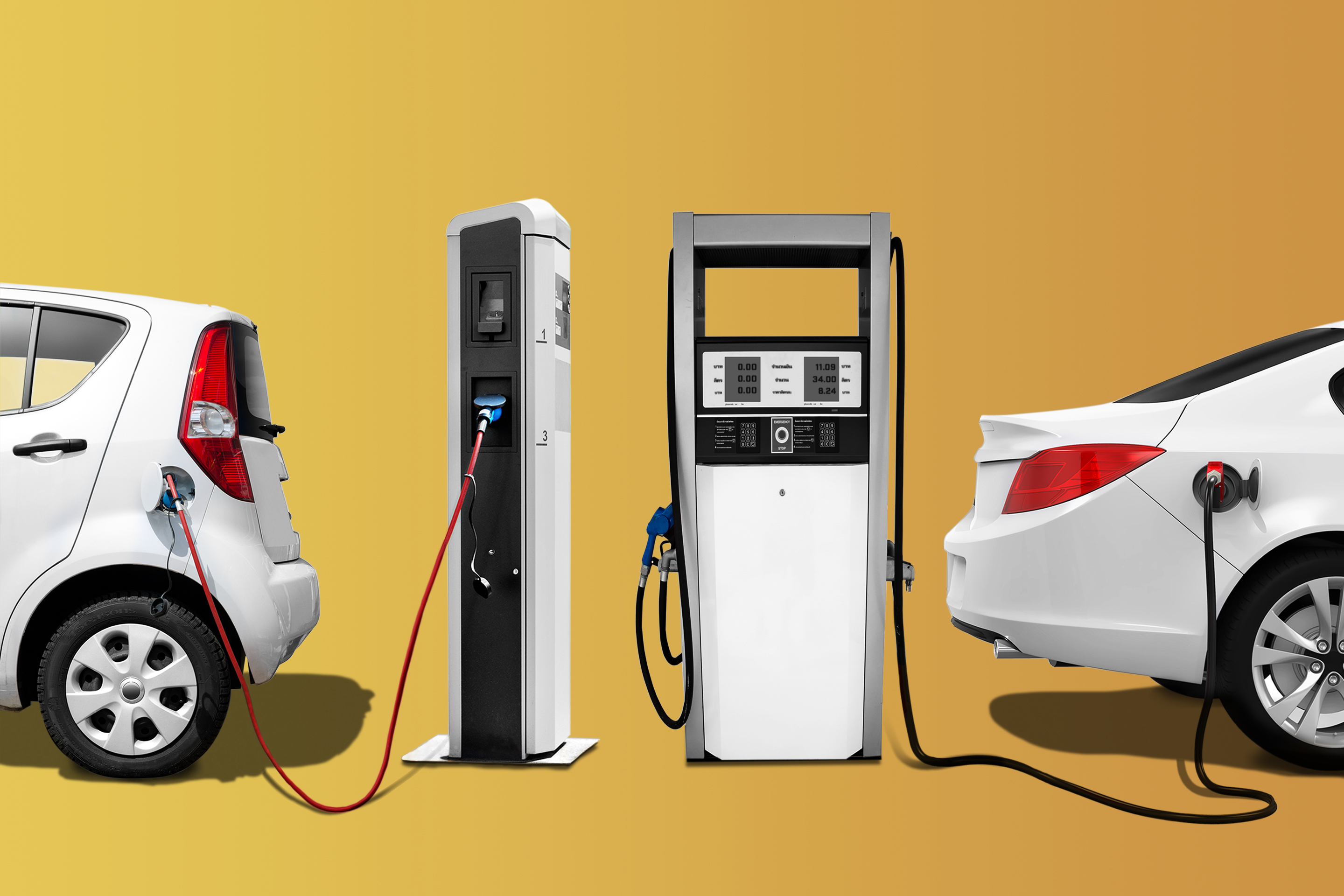mspohr
Well-Known Member
It does look like everyone has recently woken up the reality that EVs will take over... and fast.Somewhat off topic: (warning paywall)
Quote:
Startup electric vehicle brand Polestar today confirmed it will run an ad in the game that is already filled with spots from Kia, BMW, General Motors and Nissan—which are all pitching EVs with expensive celebrity-filled ads. There is even an electric vehicle charger maker in the game: Wallbox, whose Big Game ad doubles as its first-ever TV commercial in the U.S.
Never before have so many auto brands spent so much money advertising vehicles with such small market share—EVs only accounted for 2.6% of new vehicle sales last year in the U.S., according to Edmunds. But the Super Bowl marketing onslaught is indicative of a tipping point in the EV sector, which is poised to finally begin creeping into the mainstream after years of hype. Automakers have billions of dollars riding on it. GM alone has said it plans to pour $35 billion in electric and autonomous vehicle development through 2025, while debuting 30 new EVs globally, with two-thirds available in North America.
With that kind of investment, brands must start generating demand—lots of it. And there is no bigger stage to do that than the Super Bowl, which draws about 100 million American viewers from all corners of the country.
...
Unfortunately, legacy auto is ten years too late and is burdened by stranded ICE assets (and dealers). It will be interesting to see how this plays out over the next few years.






